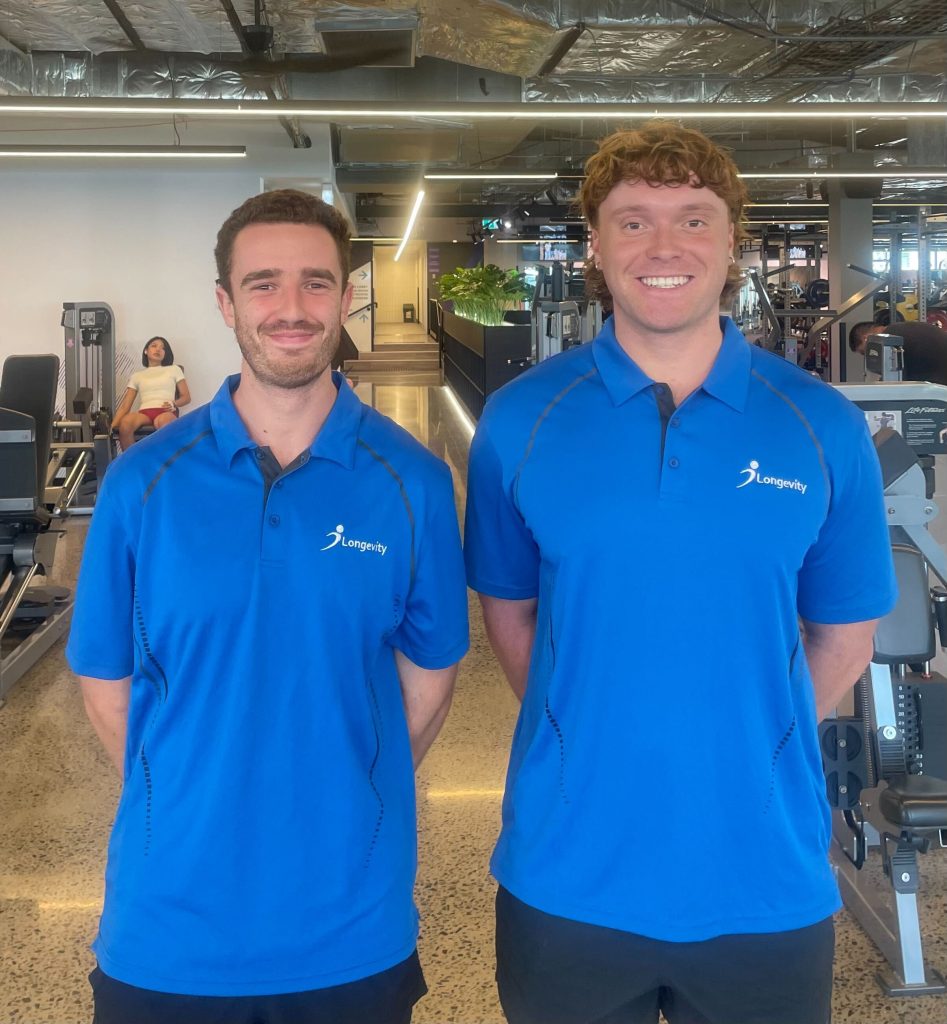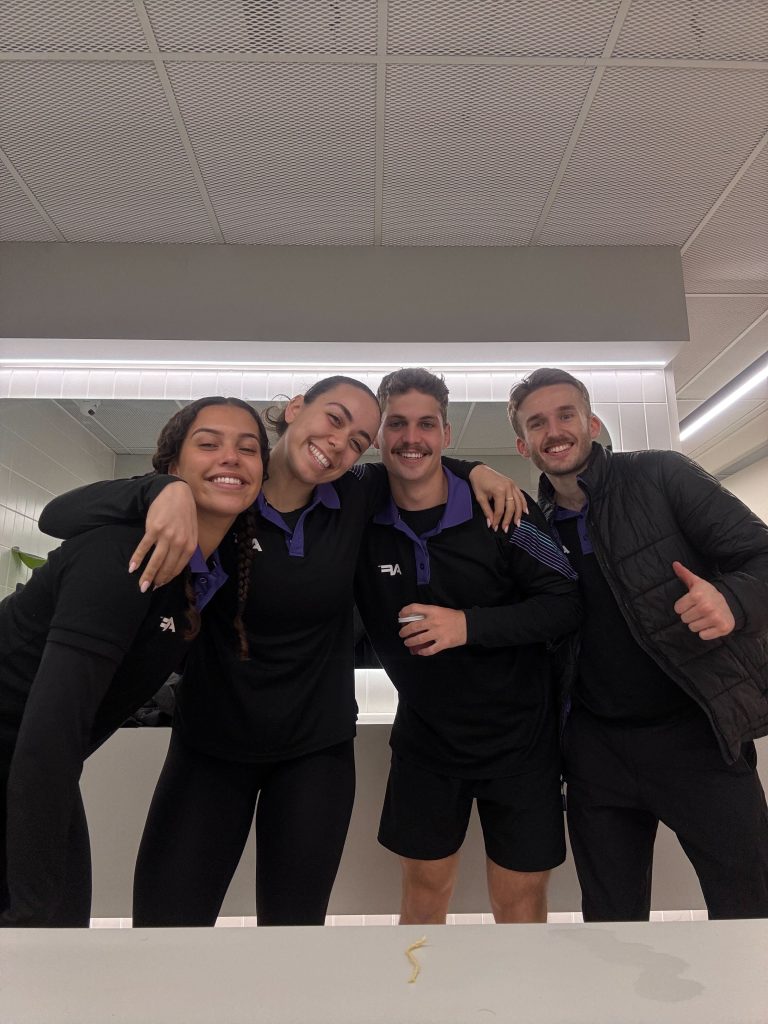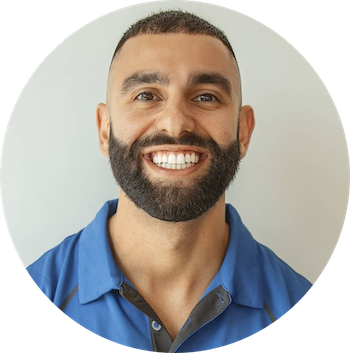The Top Skills Employers Are Looking for (and How to Build Them Now)
If you’re a student or recent graduate in the health and exercise space, chances are you’re deeply passionate about helping people live better, longer lives. You’ve worked hard, studied harder, and now you’re standing at the edge of the next big step: your career.
But alongside that excitement, there might be uncertainty. What are employers really looking for? Where do I begin building the skills I’ll need to truly make a difference? What skills should I be focusing on and why?
Answering these questions can go a long way in expediting your growth as a health practitioner.

The Skills You Need
The health and exercise industry is evolving fast. Today’s employers are looking for more than academic results. They want people who connect, collaborate, and ask great questions to help clients.
Here are the top skills that are shaping the future of our field and practical ways you can start developing them now.
1. Communication
Being able to speak clearly and listen with empathy is one of the most powerful tools you’ll ever have. Listening is probably the harder of the two to develop. Whether you’re guiding a client through their recovery or working within a team, great communication builds trust and trust builds results.
How to grow this skill:
- Get involved in placements where you can practise real conversations with real clients
- Join mentorship programs that offer kind, honest feedback.
- Listen actively: being present for someone else is a skill in itself.
2. Adaptability
No two clients are the same, and things rarely go exactly to plan. Adaptability means staying open, calm, and creative when faced with challenges and it’s one of the traits that sets great professionals apart.
How to grow this skill:
- Reflect regularly on what went well and what could be improved.
- Learn from unexpected moments, not just successes.
- Partner with mentors who model flexibility and show you how to grow through change.
3. Teamwork

In this field, collaboration isn’t optional, it’s essential. You’ll work alongside other EPs, physiotherapists, dietitians, GPs and more. Being part of a supportive, communicative team makes every client experience stronger and makes your work more fulfilling.
How to grow this skill:
- Be open to feedback and curious about others’ perspectives.
- Seek mentorship from practitioners with more experience than you.
- Surround yourself with a team that encourages open communication and shared wins.
4. Critical Thinking
It’s not enough to follow a program, you need to know when and why it needs to change. Critical thinking empowers you to provide thoughtful, tailored care.
How to grow this skill:
- Take time to reflect after each session—what worked, what didn’t, and why.
- Ask questions. The more, the better.
- Review your approach regularly. Is it working or does the situation call for change?
Putting It Into Practice
If you’re ready to build the skills that matter, then now is the time to start. If you would like some extra guidance, consider the possibilities below:
- Join a placement, mentorship, or training opportunity with Longevity.
- Chat to one of our EPs and explore what’s possible.
- Apply now or get in touch with any of our locations across NSW, QLD and VIC to learn more.
Join us for Longevity’s Online Career Acceleration Night on Thursday, 22nd May from 7:00–8:30 pm, designed to help students and new grads gain clarity on the transition from university to a successful career in exercise physiology. To RSVP, email students@longevitypt.com.au – we’d love to see you there!
Want to join our team? Email joinourteam@longevitypt.com.au.
Written by Omar Barbar

